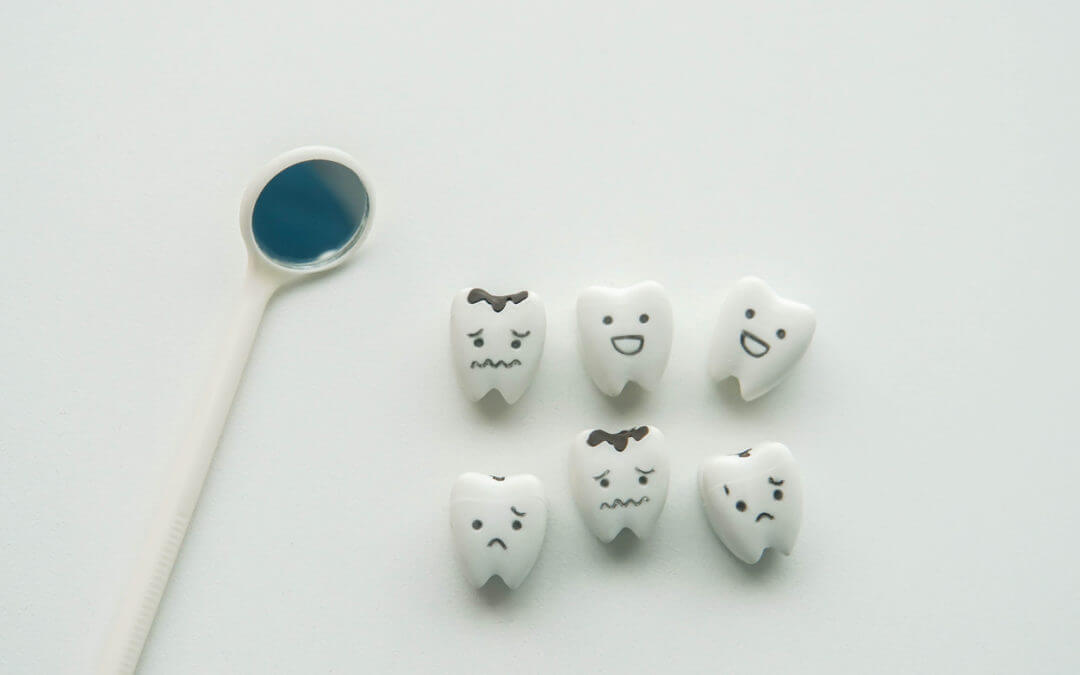Remineralize Teeth- What it means, how to do it and what does your saliva have to do with it?
Remineralize Teeth Using Your Own Saliva
Enamel that is worn and/or demineralized, can get A LOT of help with your saliva! Enamel can be remineralized from the inside and outside! Your teeth get “bathed” from the inside with interstitial fluid (the kind that comes from the lymphatic system and it has nutrients in it or LACK of nutrients if you have a bad diet).
If you’re ever dealing with serious oral health issues, you may want to consider taking a high powered mineral supplement. We have actually considered formulating and offering one just for teeth (if this interests you, LET US KNOW).
A great study was done with kids with cavities, found that most were deficient in strontium and boron, these are necessary minerals for bone growth. (1,2)
Saliva pH is not the only issue. It contains enzymes, some are quite useful against bacteria, there are also antibacterial compounds. Mucus in saliva helps moisten the membranes in the mouth. Electrolytes (including bicarb) are secreted into the oral cavity.
(J Nat Sci Biol Med. 2011 Jan-Jun; 2(1): 53–58.)
Basically, all this means that to have GOOD ORAL HEALTH, you don’t have to expose yourself to more fluoride that’s already prevalent in our tap water. Working with your saliva and your body’s natural defenses is a GREAT WAY to keep teeth health and enamel healthy.
When you use our tooth powder, for example, salts/calcium are buffering acids and suspended next to your tooth and enamel is “bathed” in this slurry and absorbed by the tooth each time. It’s why this product has become the HEALTHY and NATURAL way to get off of “desensitizing toothpastes” and provide long term BENEFITS.
Remineralize Teeth Faster With Better Results- DON’T RINSE!
Bathing your teeth on the outside with what you mix into your saliva is also KEY. You’ve seen our instructions- DON’T RINSE! It’s actually enormously helpful not too. In the past, we’ve all used commercial toothpastes that we had to SPIT OUT and THEN RINSE, but you don’t have to now! In fact, it doesn’t even make sense. Tap water being acidic adds to the impact of enamel demineralization in a rapid way!
Making sure the pH of your mouth is neutral or alkaline, is important and a pretty ignored topic in dentistry and CPG products that make oral care. Commercialized pastes can even be acidic in many cases. Acid creates more of a playground for caries bacteria (the kind that causes cavities) to THRIVE.
Next time you use our tooth powder, DON’T RINSE. Retrain yourself. Think about this topic also when our new SUR’SE oral care tabs come out, they are designed for this specific purpose also!
Key Points
- Saliva is part of the INTERNAL mechanism that keeps our teeth and bones strong. You bathe your teeth in your own saliva everyday.
- Use our tooth powder to mix with your own saliva. Your mouth salivates when you use our tooth powder and the salts in the product suspend the trace minerals and calcium next to the tooth, where it is absorbed!
- Get a mineral assessment if you are having serious bone health problems or enamel issues, more than likely you are missing key trace minerals. OR take a very high quality mineral supplement- make sure it has strontium, boron, K2 and phosphorous in it!
- Eat SUR’SE oral care tooth tabs after meal or drink- this changes the pH in the mouth instantly and helps remineralize teeth naturally with trace minerals. Plus, they taste great!
- Check out our tips on reducing acidic saliva pH, which can effect oral health!
Remineralizing Teeth and Wanting Whiter Teeth At The Same Time
This is a real conundrum, as whitening teeth comes at a real risks with whitening toothpastes and over the counter products. Even going to have it done professionally, means there is no guarantee that you will walk away without pain.
If you want to know the PROS and CONS of sensitive teeth whitening, read this.
1 . M.E.J. Curzon; B.L. Adkins; B.G. Bibby; F.L. Losee (1970). “Combined Effect of Trace Elements and Fluorine on Caries.” https://doi.org/10.1177/00220345700490030901
ABSTRACT: Caries examinations of 251 children aged 12 to 14, from two Ohio towns that use water supplies with high contents of boron and strontium showed a mean DMFS score of 3.56 compared to a score of 5.54 in a control group of 338 children. Findings suggest that the significantly lower caries prevalence in the former group is related to the boron and strontium content of the water rather than a 0.2 ppm difference in the fluorine level.
2. “Caries inhibition by trace elements other than fluorine.” 1970 Jan;36(1):15-9. PMID: 4391177


